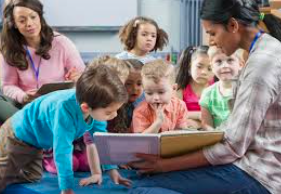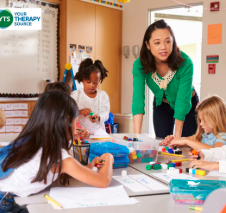Positive interactions between teachers and children lay the foundation for meaningful learning experiences and emotional growth in early education settings. These connections go beyond instructional delivery; they foster a sense of safety, belonging, and confidence in young learners.
When teachers engage with children in a warm, respectful, and responsive manner, it encourages trust and openness. Children feel valued, which boosts their self-esteem and motivates them to participate actively in classroom activities. These interactions can take many forms, such as greeting each child by name, listening attentively to their thoughts, offering encouragement, and showing genuine interest in their experiences.
Consistent positive interactions support the development of social and emotional skills. Children learn how to express themselves, handle emotions, and cooperate with peers by observing and experiencing healthy communication. This nurturing environment helps reduce behavioral challenges and enhances classroom harmony.
Moreover, when children feel emotionally connected to their teachers, they are more likely to take academic risks, ask questions, and explore new ideas. A strong teacher-child bond contributes to cognitive development by making learning engaging and less intimidating.
Teachers also benefit from these connections. Positive relationships with children create a more enjoyable and effective teaching experience. Educators are better able to understand individual needs, tailor instruction, and celebrate each child’s progress.
In essence, building positive teacher-child interactions is a cornerstone of early childhood education. These relationships enrich learning, support emotional well-being, and set the stage for lifelong success.


